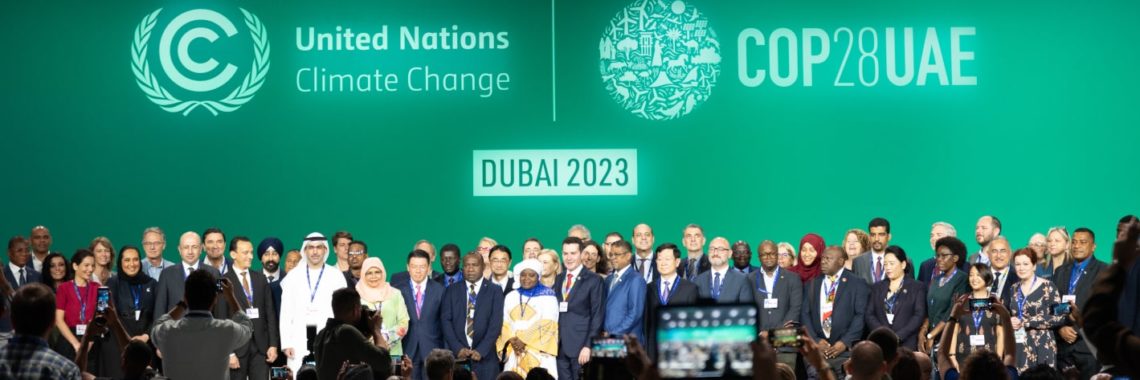Election year 2024 – South Africa rocks its political realities
South African elections are but one event on a busy calendar in the global election years, where half the global populations goes to the polls – admittedly with varying degrees of actual voice in political matters. The country is among the bright ones, though, where votes clearly matter. The voters have turned a new page in politics at the Cape, setting a difficult task for a new government.…






